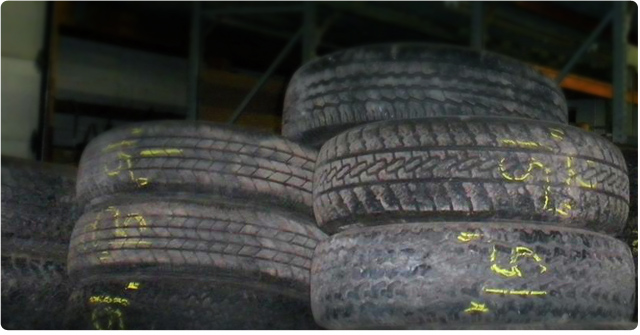 |
Automotive Recycling Industry & Environmental Impact
In addition to conserving natural resources, automotive recycling plays an important role in reducing air and water pollution, and solid waste generation. Automotive recyclers must abide by stringent local and national regulations on dealing with waste generated by salvaged automobiles. Many individual automotive recyclers have also instituted their own unique programs to further reduce the potential effects of harmful materials to their businesses and communities. |
|









